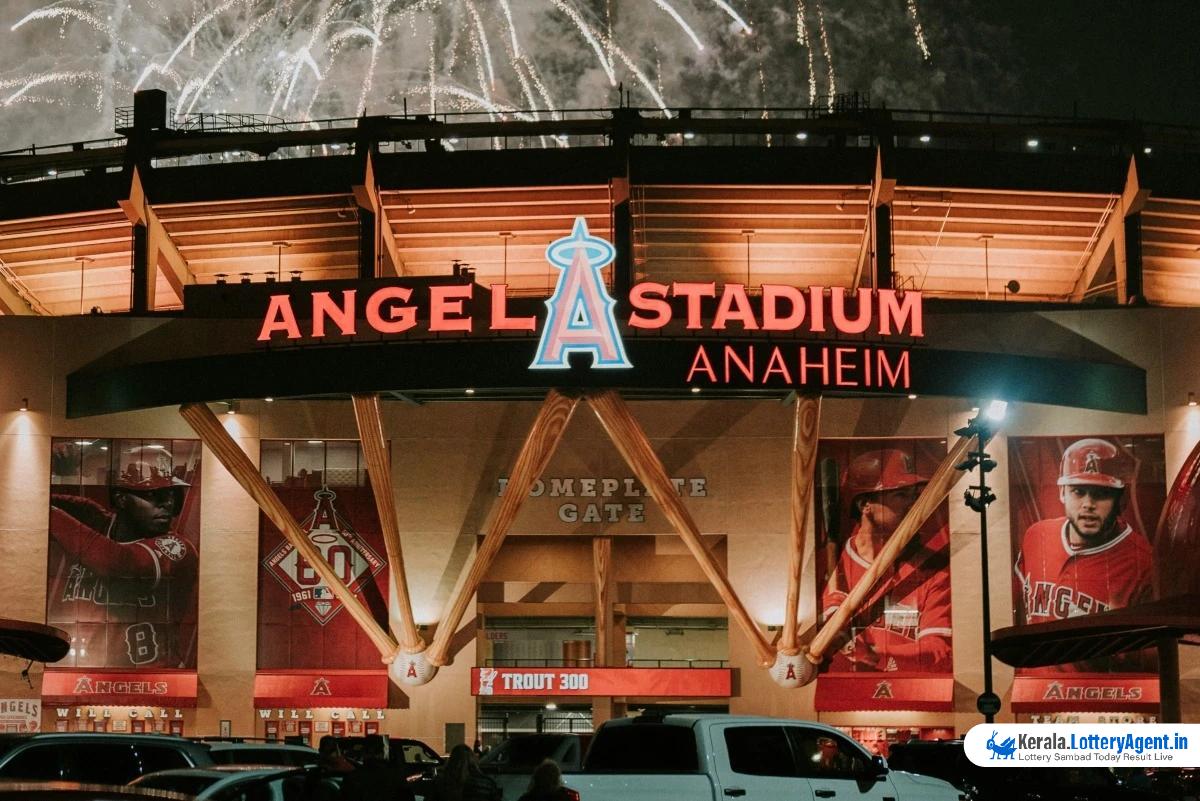
In a breaking development that has sent ripples through the world of professional baseball, Major League Baseball (MLB) is now investigating former Los Angeles Angels infielder David Fletcher for his alleged involvement in an illegal betting ring. According to sources from ESPN, Fletcher, who currently plays in the Atlanta Braves farm system, is reportedly entangled with the same illegal bookmaker, Mathew Bowyer, who has previously been linked to a widespread gambling scandal.
The investigation was triggered by new information brought to light on Friday, May 17, when ESPN connected Fletcher and his high school friend, Cody Shultz, also a former minor league player, to the Southern California illegal betting ring. While Fletcher’s bets reportedly did not include baseball, Shultz allegedly bet on games involving the Angels, during periods when Fletcher was part of the team. ESPN further identified Shultz as “Bookmaker 3” in the federal complaint against Mizuhara, a key figure in the Southern California gambling network.
As of now, MLB has not officially confirmed the examination into Fletcher’s activities. Historically, MLB has stayed off from initiating probes independently, especially after the federal government referred to Angels superstar Shohei Ohtani as a ‘victim’ rather than a participant in associated gambling activities. At those times, the league cited the federal government’s broader investigatory resources and opted to wait for further revelations before taking its course of action.
Under MLB regulations, players are permitted to place bets on sports, just not on baseball. However, sports betting remains illegal in California, meaning if either Fletcher or Shultz bet with Bowyer, they may have violated state laws. Should Fletcher be found gambling on baseball, he faces severe penalties, including a potential lifetime ban. Furthermore, MLB’s stringent gambling policy mandates at least a one-year suspension for any player involved in operations with an illegal bookmaker. The final penalty for betting activities, however, lies at the discretion of the MLB commissioner.
Fletcher and Shohei Ohtani shared the field as teammates with the Angels from 2018 until 2023. Despite playing five seasons together, their team never achieved a winning season during that stretch. In 2021, with Fletcher’s career seemingly on the rise, he signed a lucrative $26 million extension with the Angels.
. Yet, he was later traded to the Atlanta Braves. Fletcher admitted to being present at a poker game where Mizuhara was introduced to Bowyer but denied any role in their introduction.
The case against Mizuhara continues to unfold. Initially pleading “not guilty,” he has a change-of-plea hearing scheduled for June 4. Mizuhara is currently facing charges of bank fraud and signing a fraudulent tax return, crimes carrying maximum penalties of up to 33 years in prison and fines amounting to $1.25 million. Mizuhara has already agreed to plead guilty to stealing almost $17 million from Ohtani to settle his gambling debts, further entangling the web of legal troubles that could have far-reaching consequences for those involved.
Further complicating the narrative, the federal betting investigation descending from the notorious Nix gambling ring has trapped numerous high-profile names within its snare, including former Los Angeles Dodgers player Yasiel Puig, ex-Chicago Bull Scottie Pippen, and LeBron James’ manager.
Fletcher and Shultz hail from Orange County, where both Bowyer and Mizuhara also reside. Fletcher’s path to professional baseball traced through Loyola Marymount University in Los Angeles before the Angels drafted him in the sixth round of the 2015 MLB Draft. He made his MLB debut on June 13, 2018, and quickly established himself as a reliable player. For the current season with the Braves, Fletcher participated in five games, from April 16 to April 25, securing 2 hits from 8 at-bats before being relegated back to Triple-A affiliate, the Gwinnett Stripers.
As this story continues to evolve, the stakes surrounding MLB’s integrity and its handling of gambling scandals remain high. The potential implications for Fletcher and others involved could reshape professional baseball’s approach to player conduct and its adherence to betting regulations. This investigation not only pits the sports world against illicit gambling activities but serves as a poignant reminder of the breadth of scrutiny athletes and their associates are subjected to in maintaining the ethos of competitive integrity.












